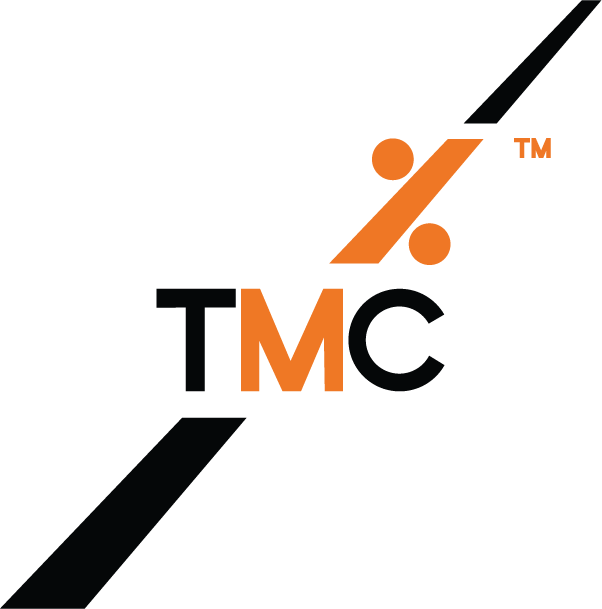Drivers of electric cars and vans cannot meet their fuel costs using the latest government AER figures according to fuel data analysis by TMC.
Research from TMC has shown that companies using the government advisory electric rate (AER) of 4p per mile will leave many electric vehicles drivers out of pocket for their fuel expenses.
The current rate does not cover the cost of charging most electric cars. In fact if the cost of public charging is factored in – necessary for longer distance business mileage, 4p per mile would not cover the cost of charging any electric car currently available, except the Renault Twizy quadricycle.
The cost gap is even wider if electric light CVs are considered. Only the current Renault Kangoo ZE, due to be replaced later this year, costs under 4p per mile to charge if home charging alone is considered. Every other electric LCV costs more than the AER to charge at home.
TMC’s research shows that a higher AER is needed for larger electric cars and vans because the actual cost per mile for domestic charging is as much as 65% higher than the AER for cars and up to 165% higher for vans based on the WLTP figure.
“If employers want to encourage EV take-up in company fleets, they need to consider the actual cost per mile of using those cars and vans.” says Paul Miers, TMC’s Chief Data Officer.
“Simply paying the current AER of 4p per mile will leave company drivers out of pocket, particularly if they rely on the public charging network to be able to complete their journeys. There are also seasonal factors to consider too. In winter, the 15% real world adjustment is likely to be an under estimation, putting even more upward pressure on the actual cost per mile.”
TMC data shows the cost per mile based on WLTP data, using home charging for all vehicle charging.
It also shows the cost per mile based on the same data but with power consumption per mile raised by 15 per cent to reflect real world battery usage.
Then lastly, TMC uses the same data as previous but assumes a mix of 75% home charging and 25% public charging.
For all examples costs are calculated using electricity priced at 16p/kWh for home charging and 30p/kWh for public charging.
We produced a guide that explains the options available for EV reimbursement. Click here for your free copy.


